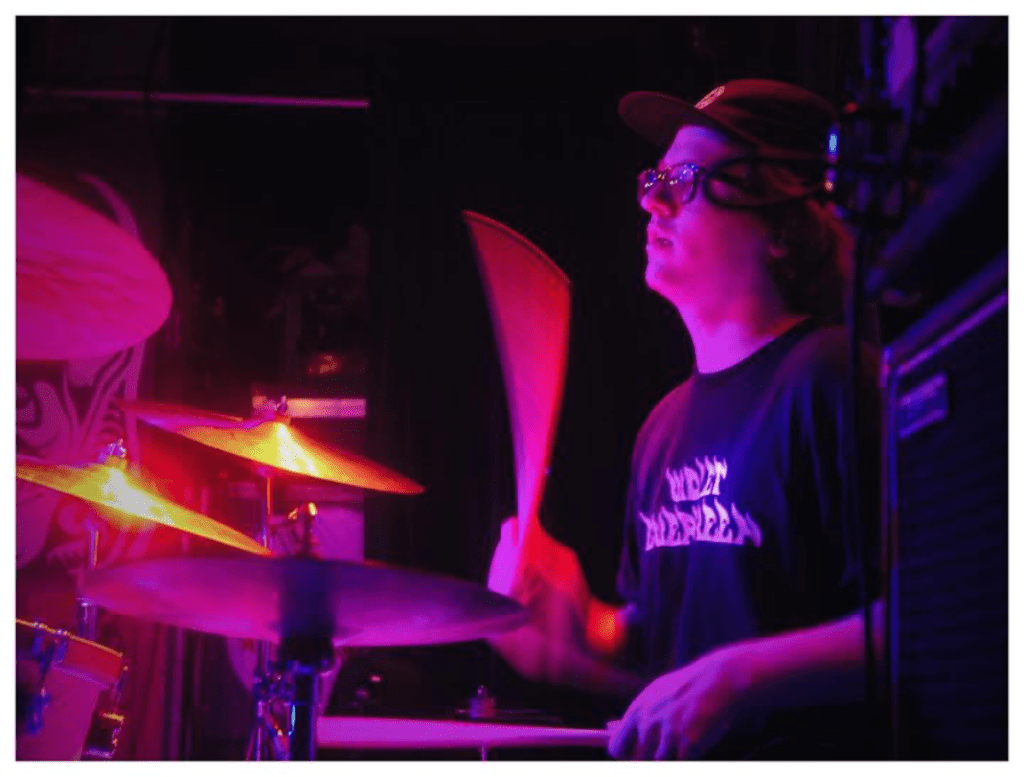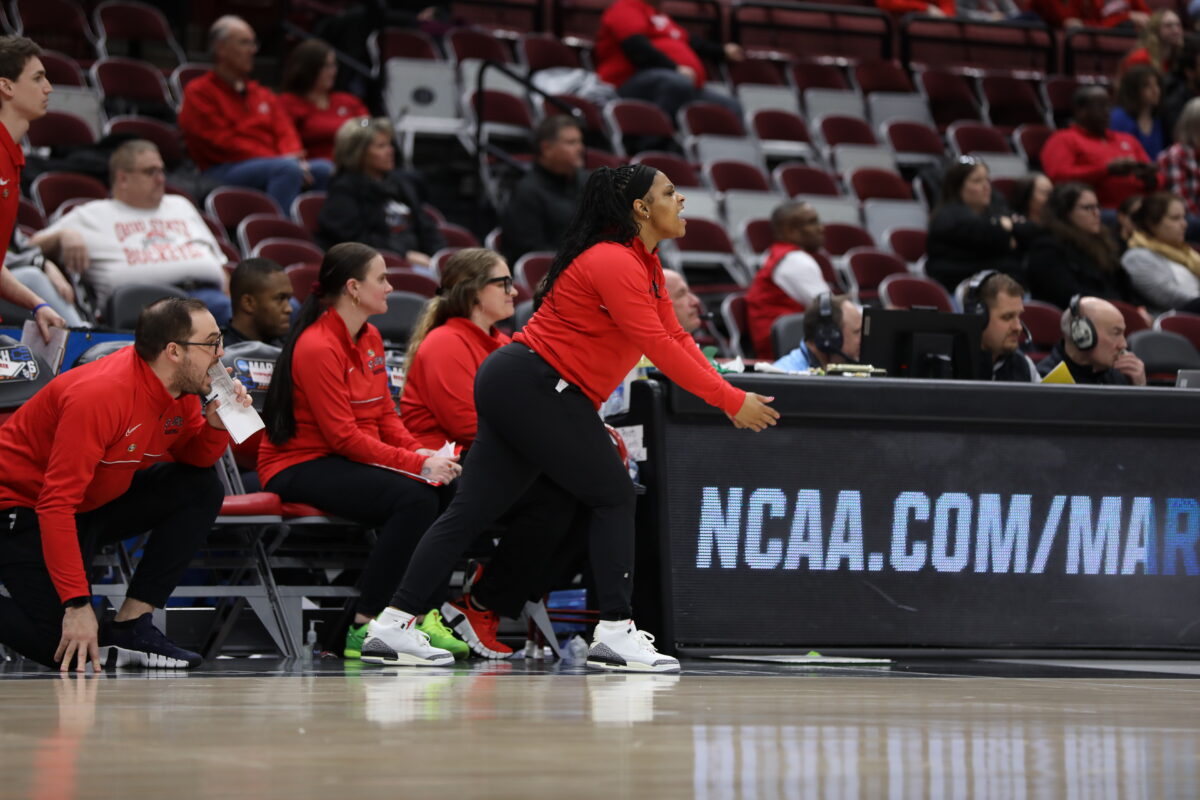![]()

Pictured left to right: Sarah Cassel (Cobweb), Sarah Painter (Moth) and Jillian Byrnes (Peablossom) from the Maryland Stage Company production of A Midsummer Night’s Dream.
“Bringing New Insights to the Stage”
The Maryland Stage Company (MSC) has gained renownnot just in the United States, but also in Europefor its unique and elegant blend of theatrical stagecraft and research. Founded in 1987 by its artistic director and professor of theatre, Xerxes Mehta, the Maryland Stage Company is the professional resident theatre company at UMBC. It has been called the UMBC miracle by TheaterWeek magazine, and in 2000, during one of its two European tours, a German critic wrote in the Berliner Tagesspiege, Anyone who missed these performances and who loves theatre should consider jetting to Baltimore, Maryland to see these astounding theatre artists on their home turf. The Baltimore Sun has called the Maryland Stage Company’s physical production stunning.
In 1997, Mehta arranged for the Maryland Stage Company to perform during the summer months at Center Stage in downtown Baltimore. There, to great acclaim, the company staged Tartuffe, The Seagull and Six Degrees of Separation. This month, the Maryland Stage Company returns to Center Stage with a production of Shakespeare’s comedy A Midsummer Night’s Dream. The production opens on June 20 and runs through July 7.
Mehta cites two driving forces for the founding and growth of the Maryland Stage Company. Firstly, there was the need on the part of the professional faculty in our departmentactors, directors, designersto work with fellow professionals to create theatre, and to do it in a non-commercial way that would honor our training and pay respect not only to our own ideals but to the ideals of our profession at its best. Secondly, we were impatient with much of the professional work we saw around us. Many of us were trained in other parts of the world and most of what we saw in area theatres struck us as bland, risk-averse stagings of second-rate material that either avoided the great works in the literature altogether or staged them perfunctorily with little intellectual understanding and even less emotional courage. We wanted to do the research in our discipline that we were trained to do, which in our view meant taking a major work (old or new), tearing it apart in search of its core, and then presenting that in a way that would reinvent the work for a contemporary audience. In this way, we felt that we could stay fresh as artists, enrich the place where we live, serve as examples to our students, and most centrally, help to keep our art form alive.
As always, many of UMBC’s alumni, faculty, staff and students lend their talents to this year’s production. Alumni on stage include John Wellmann, Sarah Painter, and Ben Thomas; alumni participating in the crew include Kate Revelle, Greggory S. Schraven, Jordan Best, Amanda Grandel, Kristina Huie, Stacy Teague, Rhoda Disbrow and Karen Foltz. While Wendy Salkind, chair of the Department of Theatre, is the sole member of the faculty on stage, many other faculty and staff are working behind the scenes, including Elena Zlotescu, William-John Tudor, Lynn Watson, Catherine Kafer and Shelley Steffens Joyce. UMBC students also have a hand in this production, with Matthew McGloin, Beverly Shannon, Olugbemiga Idowu, Sarah Cassel and Jillian Byrnes on stage, with Benjamin Pohlmeier, Paul Kelm, Jina Kim, Damon Meledones, Rob Kauzlarich, Greg Lemich, Angela Klecker, Eric Whitt Hilker, Zarah Roberts, Alycia Lillie, Erica Smith and Kathryn Pregenzer working on staff and backstage.
A Midsummer Night’s Dream is one of the great classics of Western theatre. We are trying to bring out all the clashing colors in this dazzling work, Mehta says, a charming and gossamer creation that finally celebrates love and marriage in the most deeply uplifting way and that yet, en route, plunges into those regions of nightmare and chaos that uncontrolled passion can lead to. To find the right balances between laughter and terror, reality and magic, is extremely difficultand yet a thrilling challenge.



